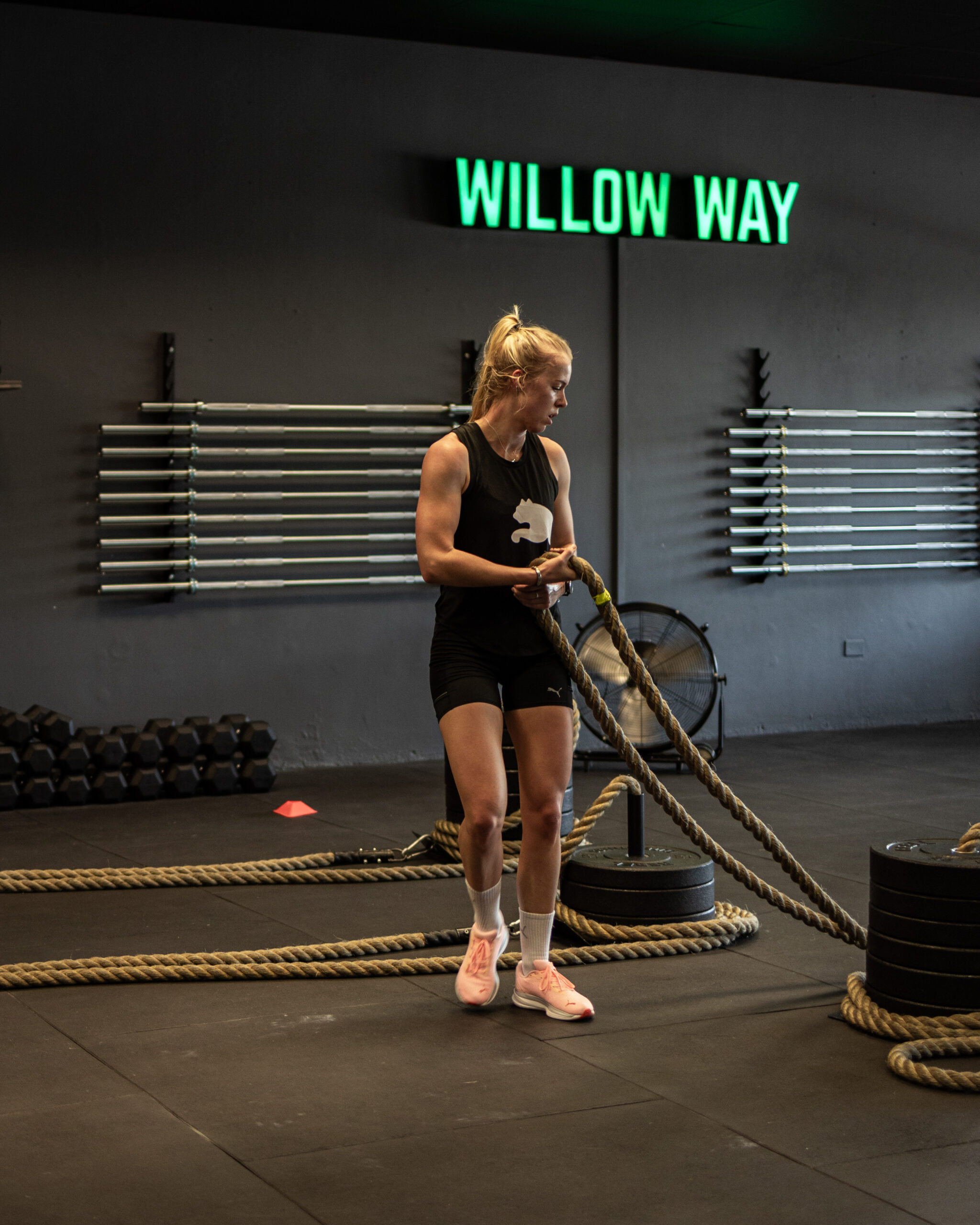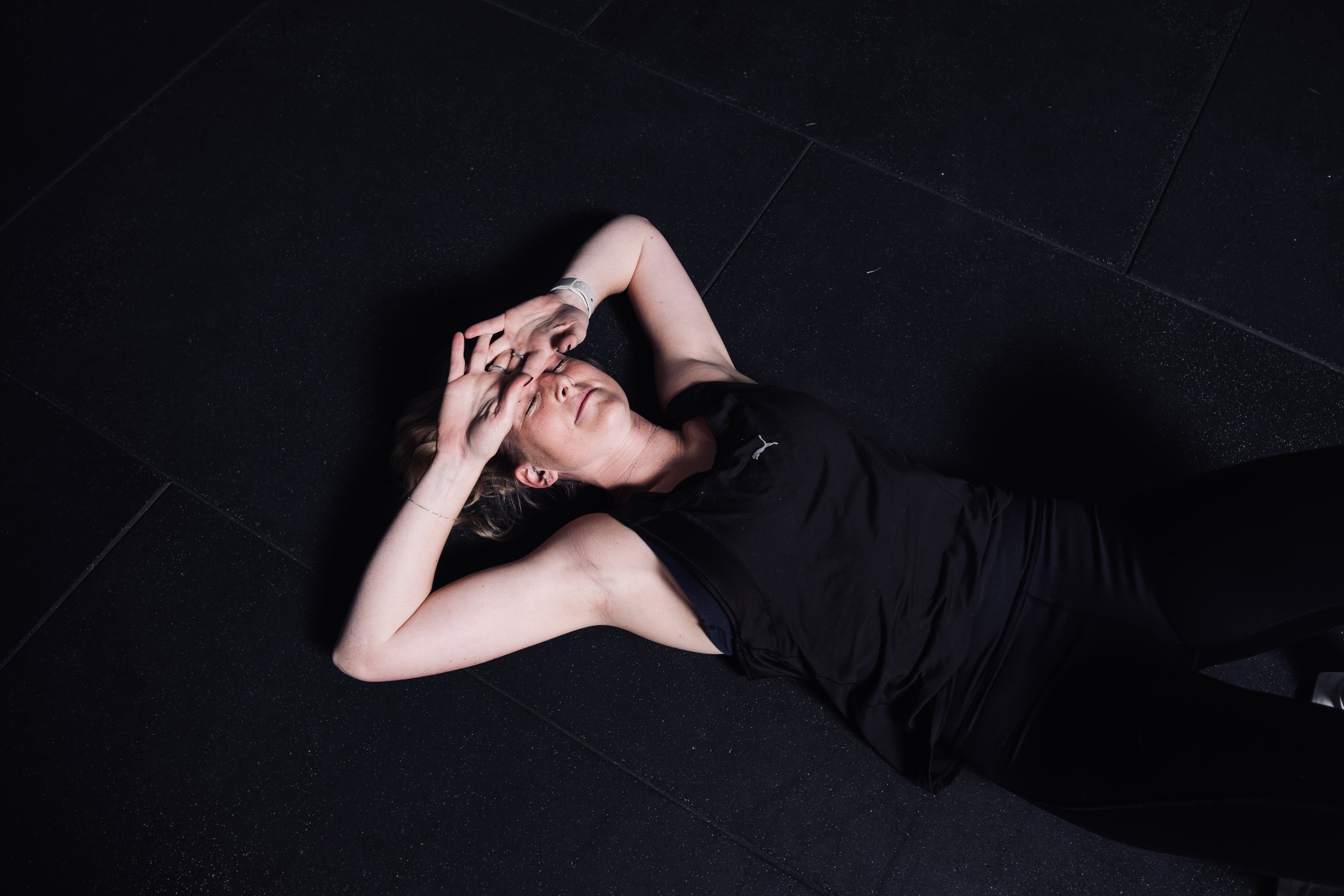Skipping means black tights, right?
Ladies if you know, you know.
Basing the colour of your tights on the workout or running to the bathroom before a high impact workout is something most of us do.
So why not chat about it?
Urinary incontinence (unintentional urine leakage) can affect women of all ages, not only the moms (surprise!).
Stress incontinence is a type of urinary incontinence that happens during physical activities such as running, skipping, heavy lifting or even coughing and sneezing.
All of these activities increase the pressure in your abdomen, known as intra-abdominal pressure. If our pelvic floor muscles and other structures that support the bladder and urethra are not strong enough to handle this increased pressure, it can lead to urine leakage.
There are many different reasons why our pelvic floor muscles might not be strong enough, but let’s have a look at four of them:
- Pregnancy and Childbirth
This is probably the most common reasons, because during pregnancy and birth the pelvic floor muscles can stretch and weaken, which makes bladder control harder.
- Menopause
The hormonal changes that come with menopause decrease our estrogen levels. This decrease affects the strength and elasticity of the tissues in the urethra and bladder, which makes them more prone to leakage.
- Obesity
Being overweight adds to the pressure on the pelvic floor muscles and bladder and can weaken them over time.
- Chronic coughing and sneezing
This might sound a bit strange, but it’s a thing. Chronic respiratory conditions like smoker’s cough or repetitive forceful sneezing (especially while pinching your nose) increase the intra-abdominal pressure and stress the pelvic floor.
Now, these are all very different reasons for a weakened pelvic floor. Yet all of us have coughed and sneezed; some are overweight, some are moms, and everyone will eventually get to menopause.
So, let’s chat about some solutions here.
Firstly, pelvic floor exercises that strengthen and support the bladder and urethra can significantly reduce leakage during exercise. Through regular exercise and proper diet, we can also maintain a healthy weight and reduce the pressure on the pelvic floor muscles.
For those going through menopause, hormone therapy or other medical interventions might be necessary. This does not have to sound scary; there are plenty of natural remedies out there that work wonders. It could really be as simple as drinking herbal tea!
Relaxing your jaw and facial muscles while you sneeze and exercise might sound a bit strange, but it has a direct impact on our pelvic floor, so try not to pinch your nose or hold your breath while you exercise. As for the chronic cough – maybe chat with your doctor about some solutions; there are a lot of helpful meds on the market, which might just be the solution you need to regain confidence and enjoy your workout!
It’s crucial to recognise that our wellness extends beyond the visible gains. Tackling stress incontinence involves a holistic approach—combining targeted exercises, proper diet, mindfulness, and a sense of humour for the occasional mishap.
Any questions? Let me know how I can help you!




